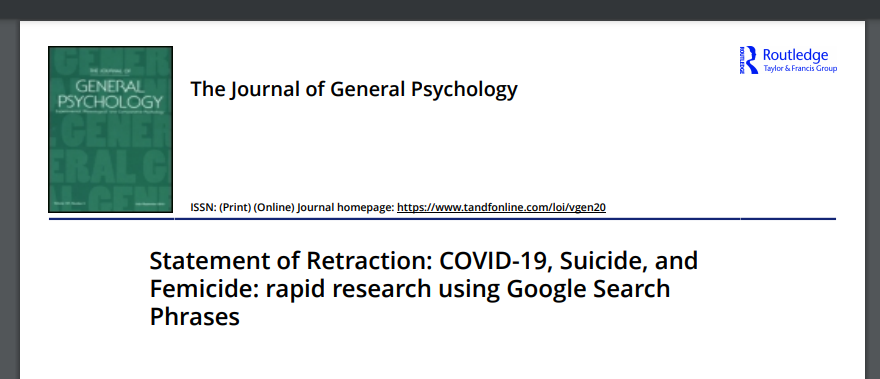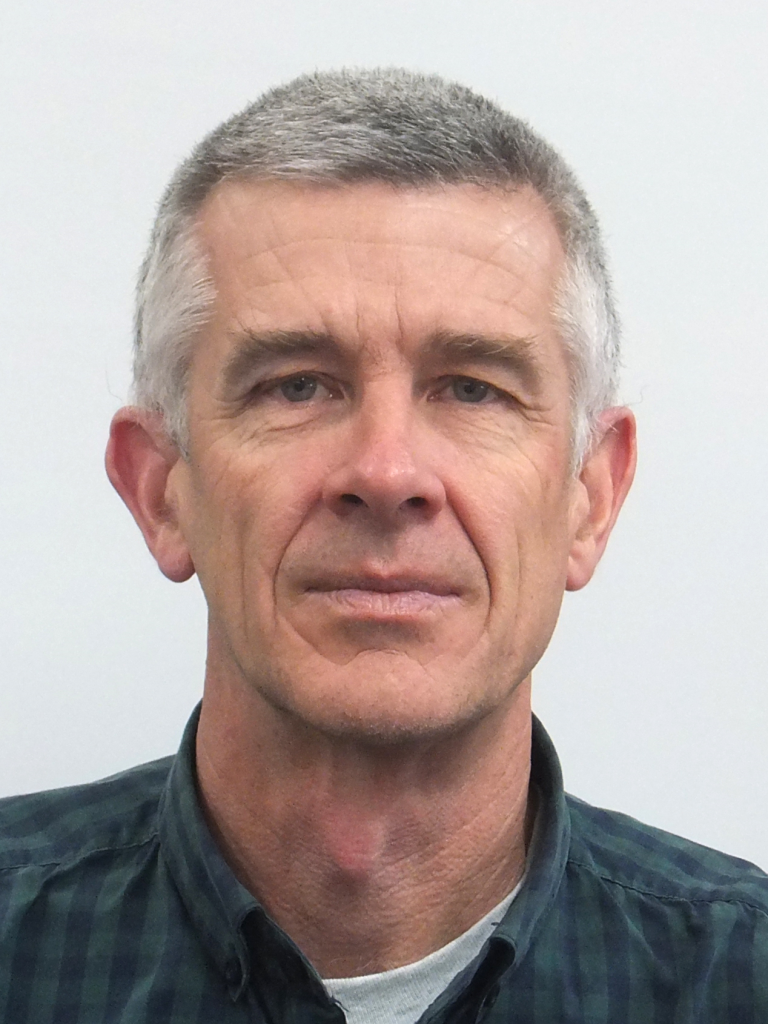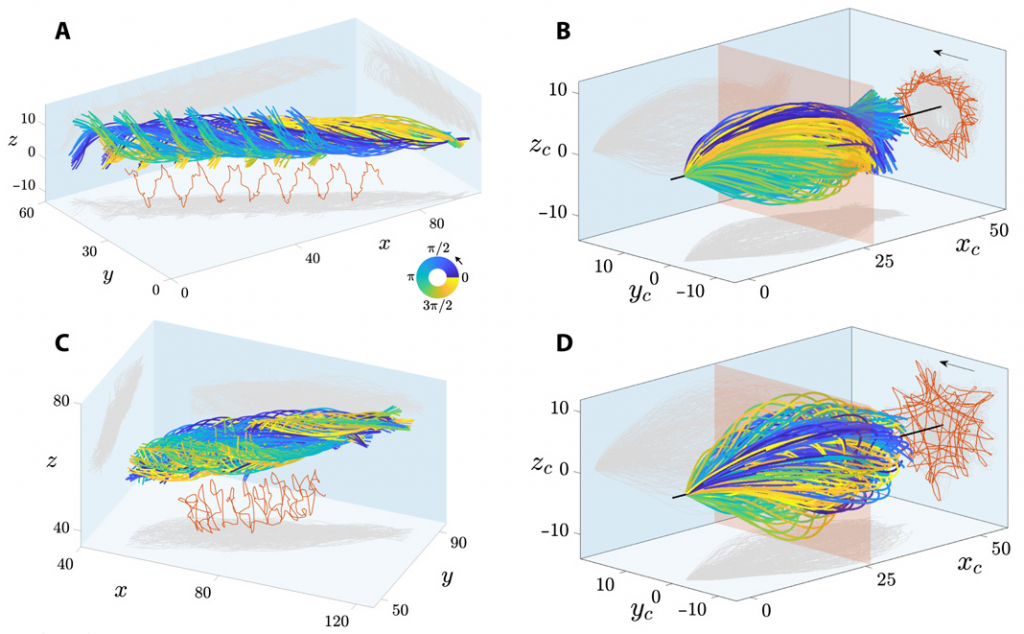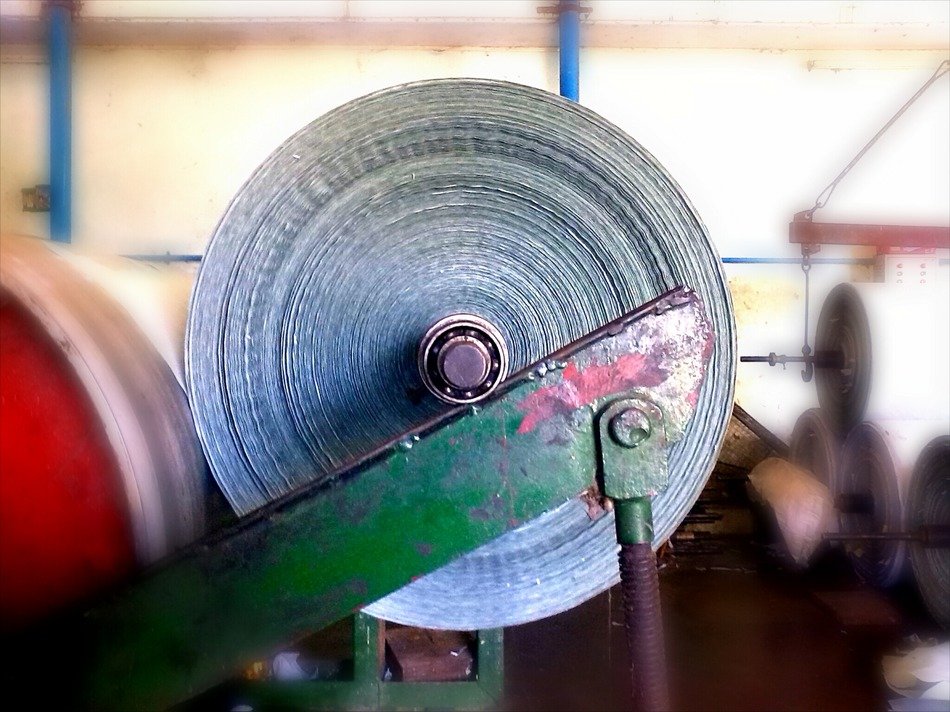
The findings were, to say the least, shocking: A researcher in New Zealand claimed that Google searches about violence against women soared during the early months of the Covid-19 pandemic — raising the prospect that quarantines were leading to a surge in intimate partner violence and similar crimes.
Shocking, yes, but now retracted because the methodology of the study was “catastrophically wrong,” in words of some critics.
The paper, “COVID-19, suicide, and femicide: Rapid Research using Google search phrases,” was written by Katerina Standish, of the University of Otago’s National Centre for Peace and Conflict Studies and appeared online in January 2021 in the Journal of General Psychology.
As the author’s institution claimed in its headline for a press release about the article:
Continue reading Paper linking frequency of Google search terms to violence against women retracted







